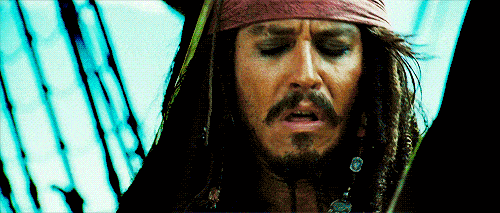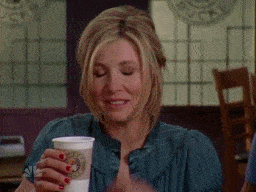Undercover Job Search 2️⃣
- Judy Garfinkel
- Jan 20, 2020
- 3 min read

Welcome into the second part of my Superjobs job application journey.
If you already read about "Warming Up for the Job Search" in the last blog post or newsletter, skip on down or, jump over here for a quick catch up.
Reminder- Superjobs is not the real name of the company and I changed everyone else’s name, except mine. :)
The Right Equipment: Getting Ready to Apply
Before actually applying to the Resume Writer job at Superjobs, I needed to assess my current self-presentation materials (resume, cover letter, LinkedIn profile etc.). I needed to make sure they represent me well enough, so the hiring person is motivated by the right mixture of “curious” and “impressed” to set up an interview. I put myself in the position of the person hiring so as not to waste their time and l clearly connect the dots for them.
First,
I spent a few hours reformulating a new resume targeted to the role of resume writer. The resume I already had didn’t sufficiently highlight specific skills, strengths and successes related to resume writing. The design and format were already good, so I identified the skills I use most when writing for my clients and, based on the job description, I worked on specific content, i.e., what to highlight, and what to leave out (just as important as what to put in).
And then… the-dreaded-cover-letter!

I know, most people hate this part and are happy to tell me that they read somewhere that cover letters are dead.
To cover letter or not to cover letter?
Here’s the short answer via my grandmother, “couldn’t hurt.” Except when it can – either when the job description explicitly says don’t send one (so don’t!) or if you write a truly terrible one (get help!). While it depends on your line of work, most companies want to hire people who can, at minimum, write a coherent email. And, of course, there are jobs and industries for which being able to write extremely well is crucial, so a cover letter is mandatory.
I like using a basic template I adapted for my clients and now for me. Not dreadful at all.

In the letter, I made sure to mention the high rate of interviews my clients were called in for after revising their resume. After all, getting the interview is the purpose of a resume. Since Superjobs was looking for a remote resume writer, I imagined which qualities they’d be looking for. Using specific examples (a must!), I wrote about my ability to organize information, work with people at all career levels and my commitment to following up in a timely manner.
Side bar-> I sleuthed through LinkedIn to find the person at Superjobs who would be doing the hiring for this job. After finding her, I reached out to ask for a connection. She accepted. (I want to address my cover letter to her and let her know when I'd applied.) Always try to address your cover letter to a person…do your research and if all else fails, use “Greetings.”
Then, drum roll please…I filled out Superjob’s online application, took a deep breath and pushed "submit." Plus, I sent a quick LinkedIn “InMail“ (What is InMail?) to my SuperJobs connection to let her know I’d applied.
Within a couple of days, I got a request for a phone interview. YAY!
Recap:
Think like a hiring person when putting together your customized resume and cover letter for a specific job.
Spend the time anticipating what skills and character traits make a successful person in the job (use the description + your experience + research) and then highlight those you have in all your materials.
Write that cover letter! Get help and a good template to make it easier.
Specific examples. Specific examples. Specific examples.
Next Up - On the Road: The Phone Interview


